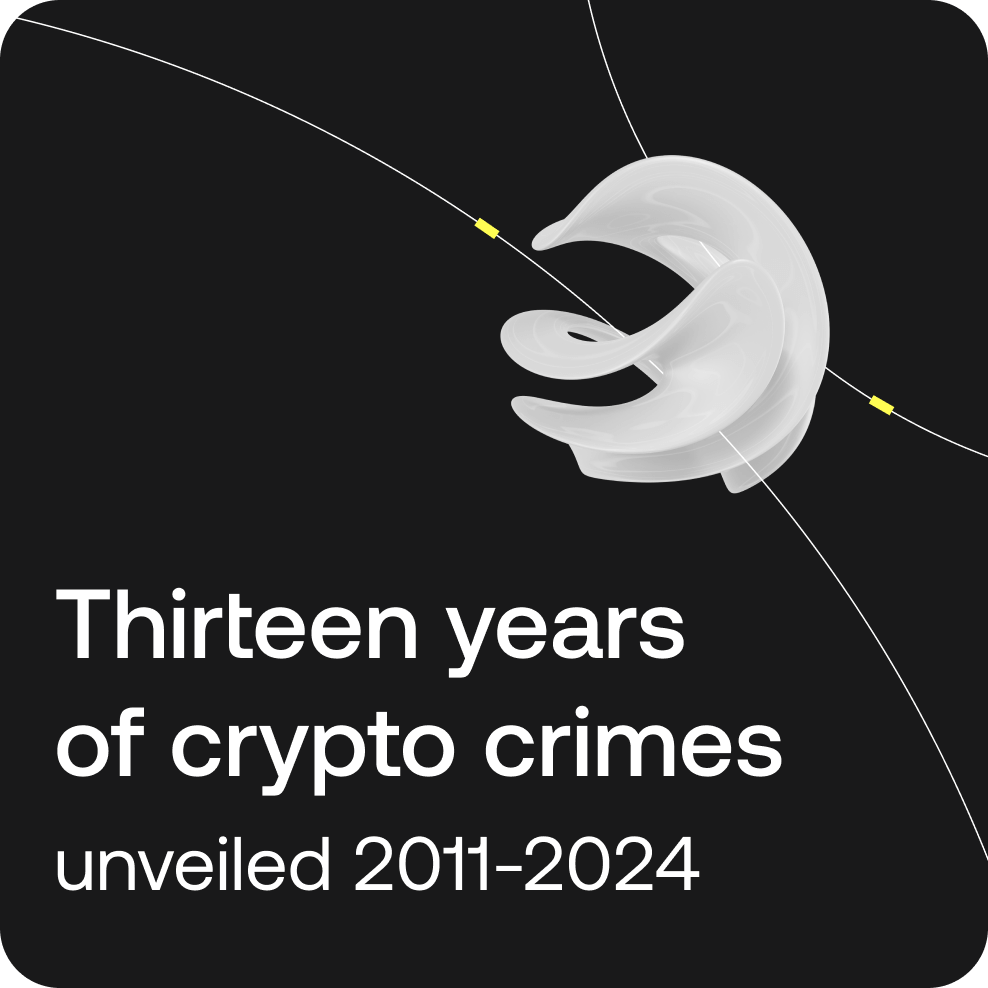This week’s global financial landscape saw significant moves from China and Saudi Arabia aimed at strengthening their economic ties. China’s announcement to issue $2 billion in dollar-denominated bonds in Saudi Arabia signals a key step in its efforts to expand financial outreach and support Saudi Arabia’s Vision 2030. Meanwhile, leaders in both nations are focusing on mutual investment and trade interests. Here’s a closer look at this major development and its potential impact on the global financial market.
China to Issue $2 Billion in Dollar Bonds in Saudi Arabia
China’s Ministry of Finance has announced plans to issue $2 billion in dollar-denominated bonds in Saudi Arabia, marking its first such issuance since 2021. This move follows approval by China’s state council and is part of a strategy to expand its financial market outreach and foster stronger economic ties with Saudi Arabia. The decision aligns with Saudi Crown Prince Mohammed bin Salman’s Vision 2030, aimed at diversifying the kingdom’s economy away from oil dependence.
Recent meetings between Saudi and Chinese leaders have underscored mutual interests in investment, energy, and trade. Analysts, like Wang Peng of the Beijing Academy of Social Sciences, believe the issuance will bolster investor confidence in China’s economy and provide new funding channels. Saudi economist Talat Hafiz highlighted that this development could help restructure Saudi Arabia’s financial sector, further integrating it into the global market.
Read more on this story on CoinMarketCap.
European Parliament Steps Up Cryptocurrency Regulations
The European Parliament continues its efforts to build a comprehensive regulatory framework for digital assets. The goal is to ensure that cryptocurrency transactions align with anti-money laundering (AML) standards, providing better protection for consumers and reducing financial crime. This legislative push follows the EU’s implementation of the Markets in Crypto Assets (MiCA) regulation, which aims to set a high standard for crypto oversight globally. By strengthening regulations, the European Parliament seeks to foster a more transparent and secure crypto market across member states, addressing concerns over fraud and illegal financial activities.
To find out more about this story, visit Cointelegraph.
Zelensky Congratulates Trump on U.S. Election Victory
Ukrainian President Volodymyr Zelensky extended congratulations to Donald Trump for his projected win in the U.S. presidential election, expressing hopes for continued strong bipartisan support for Ukraine. On social media platform X, Zelensky wrote, “Congratulations to Donald Trump on his impressive election victory!” with Trump nearing the required 270 electoral votes, leaving Vice President Kamala Harris’s chances dwindling.
Zelensky referenced their September meeting in New York, where they discussed U.S.-Ukraine relations, Ukraine’s “Victory Plan,” and strategies for ending Russian aggression. He praised Trump’s “peace through strength” doctrine, noting its potential to advance peace efforts in Ukraine.
Despite this, Trump’s return to the presidency raises questions about future U.S. support for Ukraine, given past concerns he might pursue negotiations with the Kremlin that could demand concessions from Kyiv. Their complex history includes a 2019 phone call scandal, which led to Trump’s first impeachment over allegations he pressured Zelensky by withholding military aid.
Read more on this story on The Kyiv Independent.
Taiwan’s FSC to Implement Stricter Crypto Regulations for Market Oversight
Taiwan’s Financial Supervisory Commission (FSC) plans to enforce new regulations on crypto exchanges from January 2025 to enhance market oversight and compliance. Chairman Peng Chin-long revealed at a Legislative Yuan Finance Committee session that 26 exchanges have already met anti-money laundering (AML) compliance requirements, while another 20 to 30 applications are under review.
The FSC is drafting a “Special Law on Virtual Asset Management” with public hearings set to begin in early 2024. This law aims to strengthen consumer protection, set clear licensing standards, and improve asset custody and market conduct for virtual asset service providers (VASPs). The draft will be submitted to the Executive Yuan by mid-2025.
Earlier this year, Taiwan introduced strict AML regulations, mandating annual risk assessments and rigorous internal controls. Despite these efforts, over 76% of domestic crypto investors still prefer using overseas platforms. Peng emphasized the need for Taiwan to bolster its domestic VASP sector while remaining competitive on the global stage, aligning regulatory growth with industry development.
Read more on this story on Readwrite.




